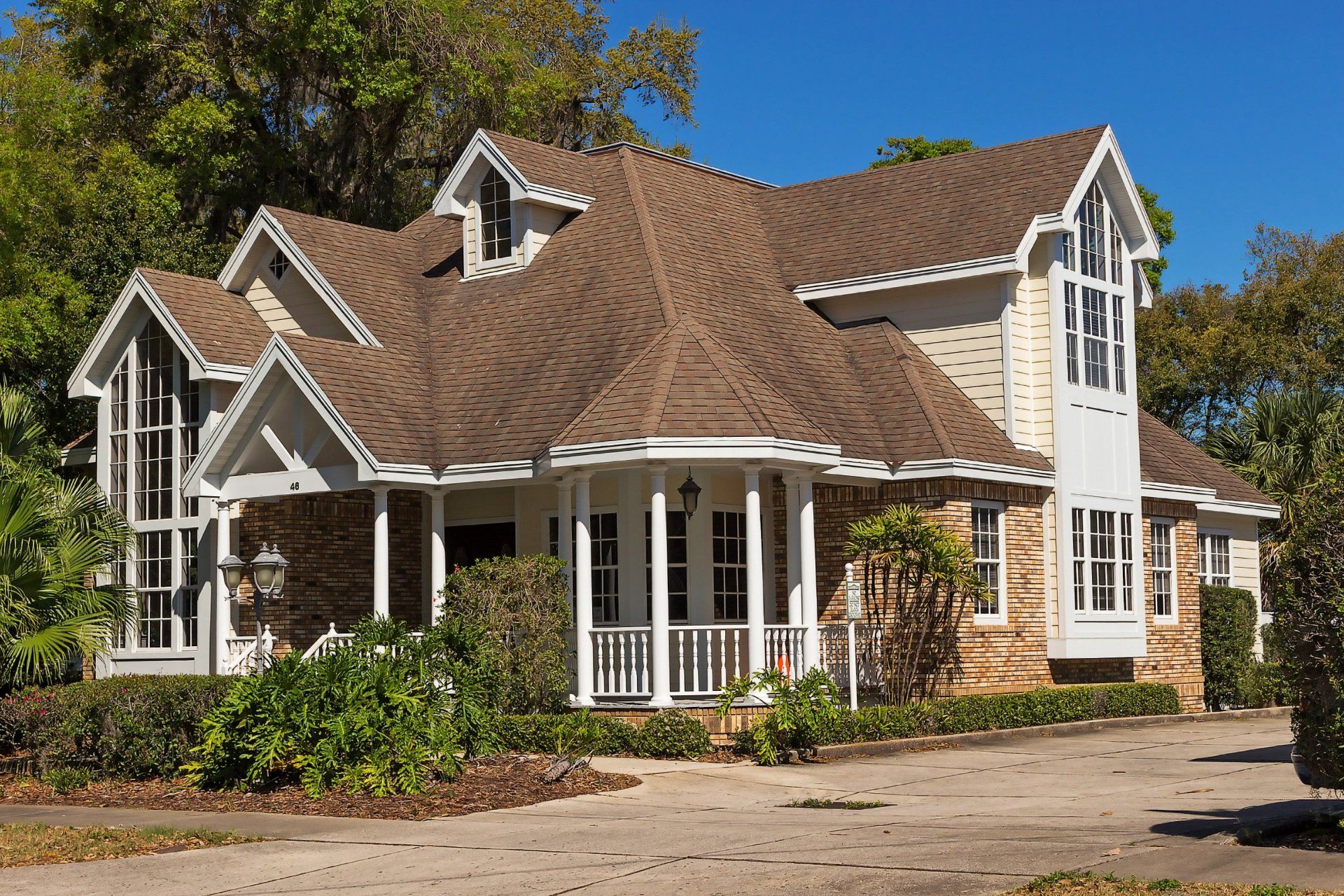Keeping my Basement Safe and Dry: The Ultimate Protection Guide
Safeguarding Your Home's Foundation
Your basement is more than just a storage space; it's a critical part of your home's foundation. Protecting your basement is essential to maintain the structural integrity of your house and ensure a safe and comfortable living environment. In this article, we will explore the importance of basement protection and provide you with valuable tips to safeguard this vital part of your home.

Preventing Water Damage
One of the most common threats to basements is water damage. Whether it's caused by heavy rainfall, poor drainage, or leaks, water can wreak havoc on your basement. To protect your basement from water damage:
a. Proper Grading: Ensure that the ground around your home slopes away from the foundation to divert rainwater and prevent it from seeping into the basement.
b. Gutters and Downspouts: Keep your gutters clean and well-maintained to direct rainwater away from the foundation. Downspouts should extend at least five feet away from the house.
c. Sump Pump Installation: Install a sump pump in your basement to remove excess water and prevent flooding during heavy rains.
d. Seal Cracks and Gaps: Regularly inspect and seal any cracks or gaps in your basement walls and floor to prevent water intrusion.
Proper Insulation
Basement insulation not only improves energy efficiency but also protects against moisture and temperature fluctuations. Consider these insulation options:
a. Fiberglass Insulation: Install fiberglass insulation between basement wall studs to regulate temperature and reduce energy costs.
b. Vapor Barrier: Apply a vapor barrier on the interior side of the basement walls to prevent moisture from infiltrating your living space.
c. Rigid Foam Insulation: Use rigid foam insulation on basement walls for superior thermal resistance and moisture control.
Regular Maintenance
Routine maintenance is key to basement protection. Conduct regular inspections to catch potential issues early:
a. Check for Leaks: Inspect the basement for any signs of leaks or water damage, including damp spots, mold growth, or peeling paint.
b. Clean and Ventilate: Keep the basement clean and well-ventilated to prevent mold and mildew growth.
c. Foundation Inspection: Periodically assess the condition of your foundation, looking for cracks, settling, or shifting.
Basement Waterproofing
Consider professional basement waterproofing for added protection. Options include:
a. Exterior Waterproofing: This method involves sealing the outside of your basement walls to prevent water from entering.
b. Interior Waterproofing: Install a waterproof membrane and drainage system inside the basement to redirect water away from the foundation.
c. Epoxy Injection: For sealing cracks and preventing water penetration, epoxy injection is an effective method.
Maintaining Proper Humidity Levels
Basements are prone to high humidity levels, which can lead to mold growth and damage. Install a dehumidifier to maintain ideal humidity levels between 30% and 50%.
Conclusion
Your basement is a crucial component of your home's foundation, and protecting it should be a top priority. By preventing water damage, insulating properly, conducting regular maintenance, considering professional waterproofing, and managing humidity levels, you can ensure your basement remains a safe, dry, and comfortable space for your family. Investing in basement protection not only preserves the value of your home but also enhances your quality of life.


